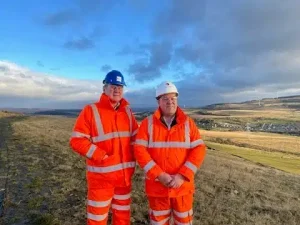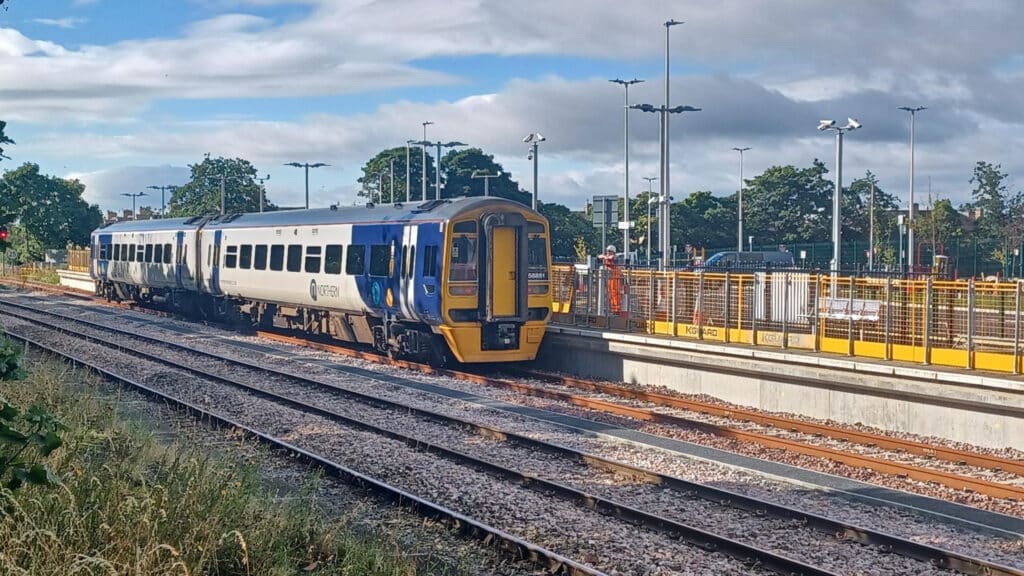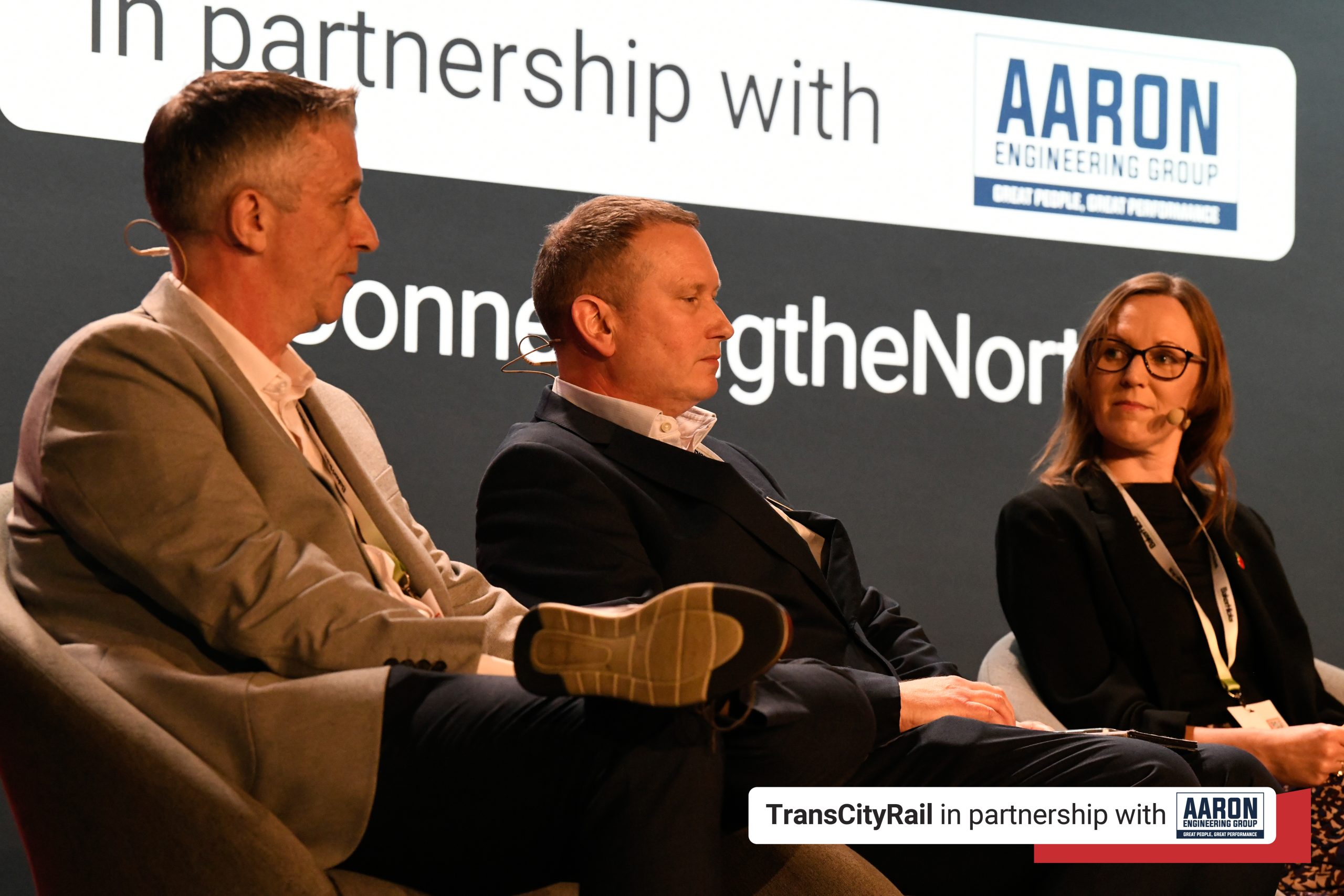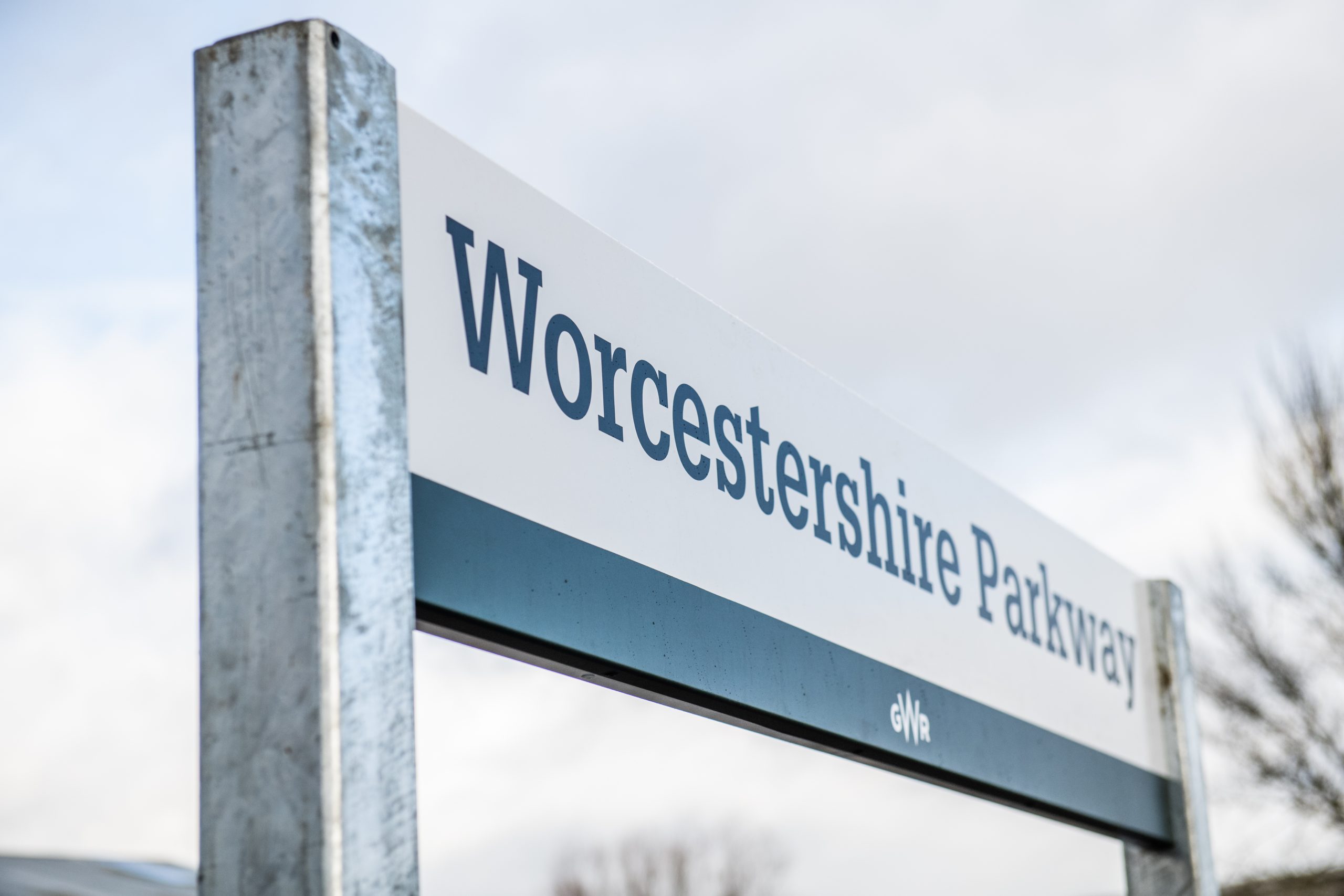First published on Rail Business Daily on 15 January.
Railway projects go much further than running trains; they play a key role in connecting communities, stimulating economic growth, and promoting sustainability. However, rising costs mean rail infrastructure projects are becoming unaffordable.
Nathan Campsall, Director of SLC, has led large infrastructure programmes from feasibility to delivery and handover. “We have demonstrated in the past that affordability is achievable, but we must retain focus on project outcomes, challenge traditional industry processes and adopt innovative thinking”, explained Nathan.
He continued: “Keeping costs under control begins on day one when defining the outcomes of a project, something that SLC has built a reputation for doing.
“An efficient and effective project begins with clearly defined outcomes, investment case, and a precise understanding of its objectives and requirements – quite different from scoping out a project.
“This demands more than just technical expertise – it requires a deep understanding of the extent of railway processes and procedures, combined with experience in how all project elements fit together from design and delivery to operation and maintenance.”
That expertise has also delivered efficiencies on countless projects, whether that’s challenging industry norms, controlling the emerging scope of works, and assessing the feasibility of designs; or working collaboratively with partners to develop compliant holistic solutions

SLC has built its business working with public and private sector third parties to develop and deliver value from infrastructure projects. They have been heavily involved in the recent reopening of the Northumberland Line for Northumberland County Council, where SLC’s involvement has included the development of the business cases, planning and consents, development of the delivery strategy, procurement and rail industry engagement. The embedded multi-disciplinary team have led the project management of the stations and structures packages, integrating with industry partners.
Nathan added: “Understanding the extent of railway processes and procedures is critical to the success of any rail project, as is ensuring the effective collaboration with partners. It is a highly complex and regulated rail environment, and an almost encyclopedic knowledge of technical standards, safety requirements, operational constraints, asset protection, consenting and planning regulations is critical.”
Nathan concluded: “SLC’s expertise enables us to guide projects through planning approvals, environmental assessments, procurement and infrastructure design and delivery complexities. By considering these factors early, we streamline process, eliminate inefficiencies and bring control to cost.”
This approach applies not only to third party projects but also to the wider rail industry. Network Rail has identified challenges in Control Period 7 (CP7) in operating, maintaining, renewing and asset protecting the railway network over the next five years. Working with SMEs – like SLC – can mean bringing a fresh perspective and agile thinking to tackle challenges, offering cost-effective solutions through innovation.
If you want to discuss a potential project and would like to speak to someone in SLC, please contact enquiries@slcrail.com. SLC will also host a table at Rail Forum’s Infratalk on 23 January 2025.











